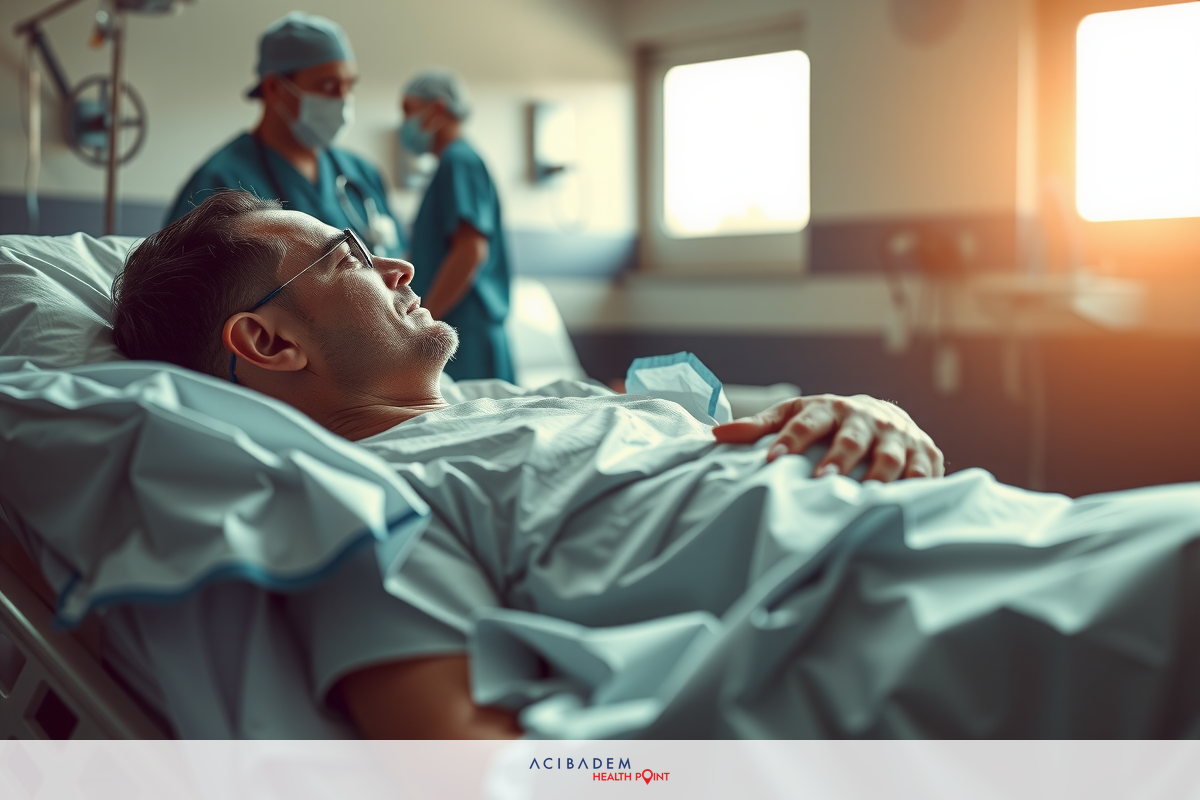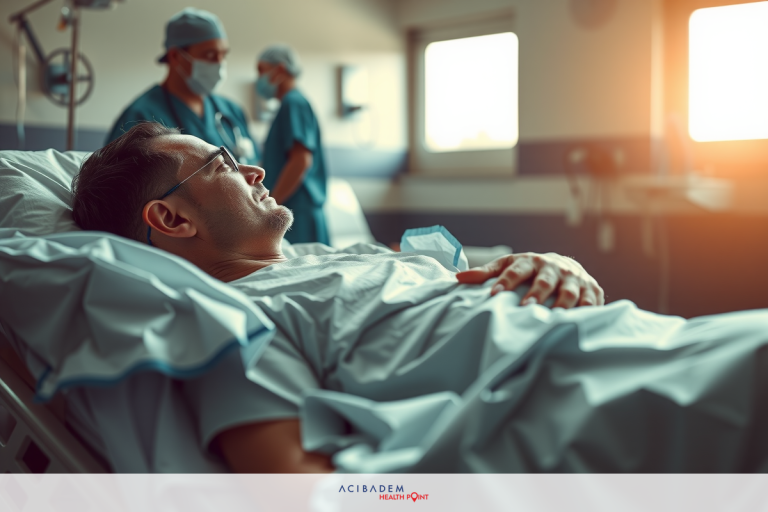Is it OK to Smoke One Cigarette Before Rhinoplasty?
Is it OK to Smoke One Cigarette Before Rhinoplasty? The decision to have rhinoplasty is not one that should be taken lightly. It involves careful consideration and a thorough understanding of the preoperative requirements. One topic that often arises during this period of preparation is the impact of smoking on surgical outcomes.
Smoking, even a single cigarette before surgery, can potentially affect your body’s healing process after rhinoplasty. Nicotine constricts blood vessels, which may limit oxygen supply to tissues and slow down wound recovery. By choosing to refrain from smoking in the lead up to surgery, you’re giving yourself the best possible chance for a successful outcome.
While preparing for your upcoming rhinoplasty journey, remember: every step taken towards creating an optimal environment for your procedure counts. From dietary choices through managing stress levels all the way down avoiding even just one cigarette – these small actions make big differences when it comes time for recovery post-surgery.
Quitting Smoking Before Rhinoplasty
Quitting smoking before rhinoplasty can significantly improve the surgical outcome and your overall recovery. Nicotine, a primary substance in cigarettes, constricts blood vessels, restricting oxygen flow to tissues. This constriction can slow down wound healing after surgery. Stopping smoking well ahead of your procedure allows time for these effects to reverse, improving blood circulation and increasing oxygen levels in your body.
Smoking cessation also reduces the risk of complications during anesthesia. Smokers have an increased risk of breathing problems during general anesthesia due to lung damage caused by chronic cigarette smoke exposure. By quitting smoking prior to surgery, you give your lungs a chance to heal which may lessen these risks. Additionally, non-smokers generally experience fewer postoperative difficulties such as coughing and pneumonia.
Advice from medical professionals frequently emphasizes the importance of preoperative health optimization for successful surgeries like rhinoplasty – with special attention given towards quitting smoking. The benefits are not just limited to improved physical response but extend into psychological realms too; being proactive about
one’s health often boosts confidence leading up to surgery day and promotes a more positive mindset throughout recovery period.
Risks of Smoking One Cigarette Before Rhinoplasty
Although it might seem harmless to smoke just one cigarette before rhinoplasty, even this single act can introduce significant risks. The nicotine content in a solitary cigarette constricts blood vessels which reduces the amount of oxygen that reaches your tissues. This lack of sufficient oxygen can lead to delayed wound healing post- rhinoplasty, resulting in prolonged recovery and an increased risk of infection.
Moreover, smoking prior to surgery heightens the likelihood of experiencing complications during anesthesia. These complications may include breathing difficulties due to the damaging effects nicotine has on lung tissue over time. Even if you have cut down significantly on smoking but still indulge in that one preoperative cigarette, these risks remain – as any level of exposure maintains potential for harm.
The advice from healthcare professionals is clear: steer clear from all forms of tobacco use leading up to your rhinoplasty procedure. While quitting or reducing smoking seems like a daunting task especially when faced with upcoming surgery stressors; remember every puff taken brings along substantial risks that could negatively impact both surgical outcomes and overall health status. Making informed decisions about preoperative

behaviors certainly plays a crucial role in ensuring smoother surgical proceedings and optimal recovery trajectories.
Tips for Preoperative Smoking Cessation
As you prepare for your rhinoplasty, one of the most beneficial steps you can take is to quit smoking. Smoking cessation might seem like a challenging feat, especially when navigating the stress of upcoming surgery. However, there are several strategies that could be employed to make this journey easier and more successful.
1. Set a Quit Date: Choose a date before your surgery to completely stop smoking. This gives you time to mentally prepare and start reducing intake gradually if needed.
2. Seek Medical Help: Your healthcare provider can offer advice and possibly prescribe medication or recommend nicotine replacement therapy to aid in quitting.
3. Create a Support System: Inform family and friends about your decision so they can provide encouragement and help hold you accountable.
4. Avoid Triggers: Identify situations or activities that entice you to smoke and find ways around them.
5. Stay Active: Regular physical activity not only distracts from cravings but also improves overall health as you head into surgery.
Remember, every cigarette avoided brings you closer towards an optimal surgical outcome for your rhinoplasty procedure – making each effort worthwhile!
Frequently Asked Questions
How long before my rhinoplasty should I quit smoking?
Ideally, you should quit smoking at least four to six weeks before your surgery. This allows for the nicotine-induced blood vessel constriction to reverse and promotes better healing post-surgery.
Can I smoke after my rhinoplasty procedure?
It is strongly advised not to resume smoking until complete healing has occurred – typically around three to four weeks after surgery. Even then, remember the numerous health benefits of remaining smoke-free beyond this period.
What if I only smoke one cigarette a day - does that still affect my surgery?
: Yes, even just one cigarette can have negative effects on your body's ability to heal post-rhinoplasty due its nicotine content which constricts blood vessels and reduces oxygen supply.
Are there resources available to help me quit smoking in preparation for my rhinoplasty?
Absolutely! There are many resources available online and through healthcare providers that provide support during your journey towards quitting smoking.











